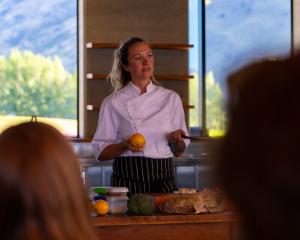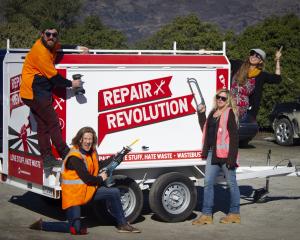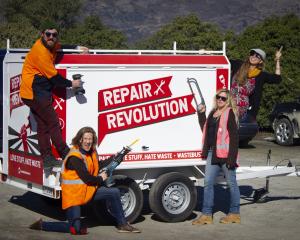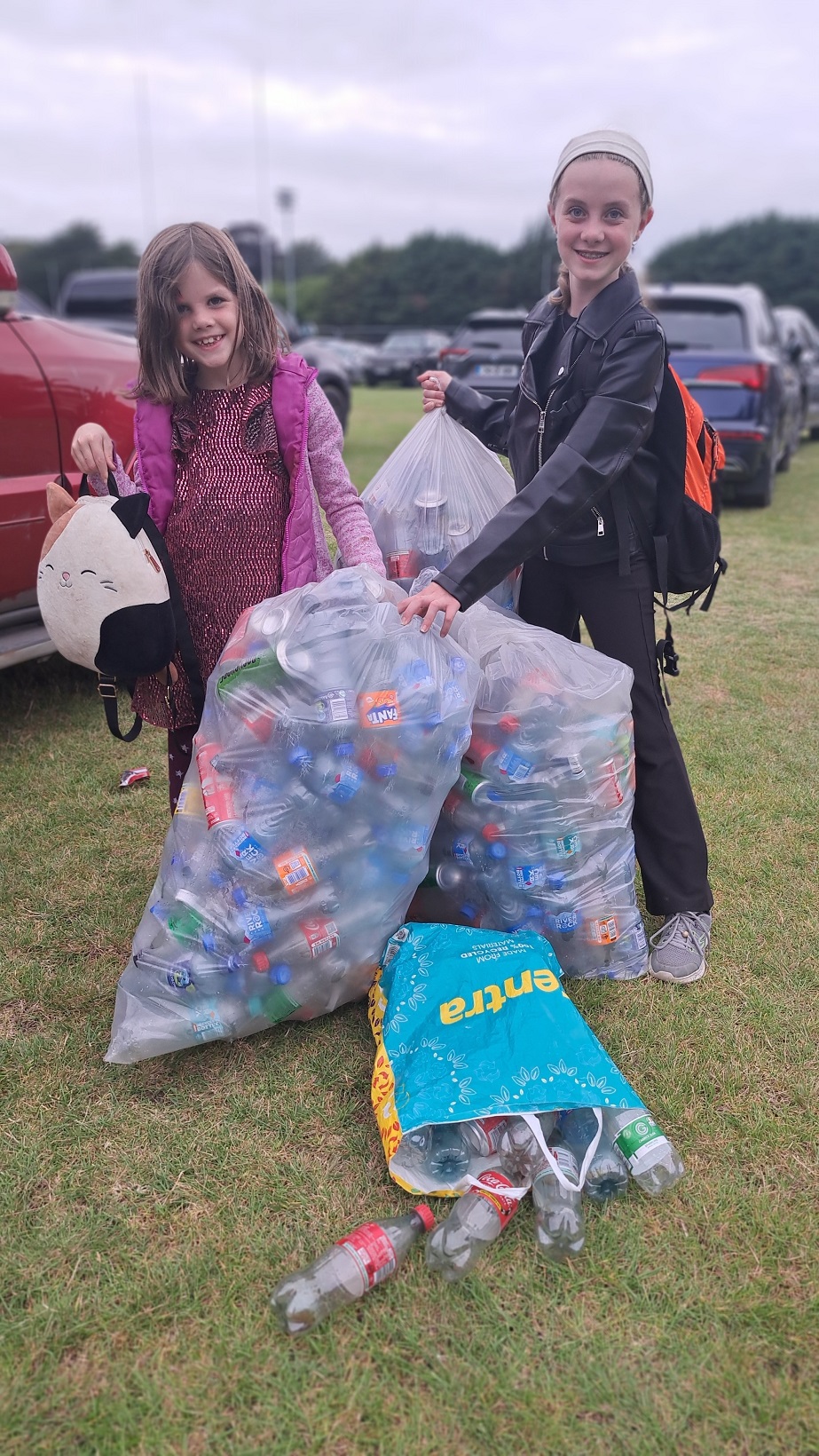
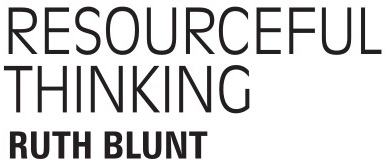
Wastebusters has been advocating for deposit return schemes (DRS) for years. We even ran our own return scheme for a day to promote the concept. A scheme works by simply applying a small refundable deposit, let’s say 20c, when a beverage is bought. The deposit is then refunded when the container is returned to designated return points, such as reverse vending machines or a resource recovery centre like Wastebusters.
Called container return, container deposit, deposit return and bottle bill, among other aliases, these schemes are already in place in more than 50 countries across the world. States in Australia, Canada and the US have them. In Europe, 16 countries have active deposit return schemes, while a further eight have legislation adopted. Motivated by the European Union’s Single-Use Plastics Directive, which sets a target of 90% separate collection of plastic bottles by 2029, the most recent deposit return schemes were implemented in Hungary and Ireland this year.
New Zealand already has a DRS design, developed with a wide range of stakeholders and expert input to uniquely suit us here in Aotearoa while incorporating global best practice. Many New Zealanders fondly remember schemes we had in the 1970s and ’80s, and almost everyone who submitted on the 2022 consultation is in favour of a scheme returning.
Each year, we consume about 2.57 billion beverages from single-use containers. More than half of these containers end up as litter in our environment, are stockpiled or are landfilled.
The deposit, proven to incentivise people to return their containers, has the potential to double the rate of beverage container recovery to 90%. By putting a value on the empty containers, we can effectively reclaim valuable materials for recycling, which in turn lowers our emissions and reduces the energy and resources needed to produce new containers.
With the cost of recycling built into the purchase price of the drink, the user-pays model contributes to covering the cost, which takes the burden off local councils and ratepayers.
Real recycling is the bedrock of a circular economy where materials are valued and kept in use for as long as possible. A DRS provides a reliable revenue stream for quality recycling— from there, it’s possible to add to the community support, green jobs, and practical resource recovery and inspiration a hub such as Wastebusters provides.
Alongside the environmental benefits, the economic benefits are clear. A cost-benefit analysis of the scheme proposed for Aotearoa showed that benefits outweigh costs by almost 50%. That’s money saved on waste management, redirected to community initiatives, and generated through new jobs in the resource recovery sector.
Ireland’s DRS has seen 635 million plastic bottles and cans deposited through their reverse vending machine system in the eight months since its February 1 launch. The rapid adoption of the scheme by the Irish public has raised $125,000 for charity, returned $196 million in deposits to consumers and shifted collection rates from 2%, when it was first introduced, to 73% in August.
With Ireland’s population similar to that of New Zealand, it’s heartening to see how a scheme could play out here and the positive community, economic and environmental outcomes. It highlights how a newly implemented scheme can promote opportunities where community fundraising and social good can be achieved, how the social norm of returning containers can be quickly embedded and how recovery rates can skyrocket.
If your organisation or business wants to support a functioning deposit return scheme, you can join us in signing the Zero Waste Network’s open letter (find it at zerowaste.co.nz) calling on the government to make a decision to implement a high-performing DRS.
It wouldn’t take much to reap the same benefits here as other countries are seeing. The groundwork has been done, there is a fit-for-purpose, fully developed scheme sitting on a shelf waiting to be progressed into legislation. All we need to do is pick it up off the shelf


